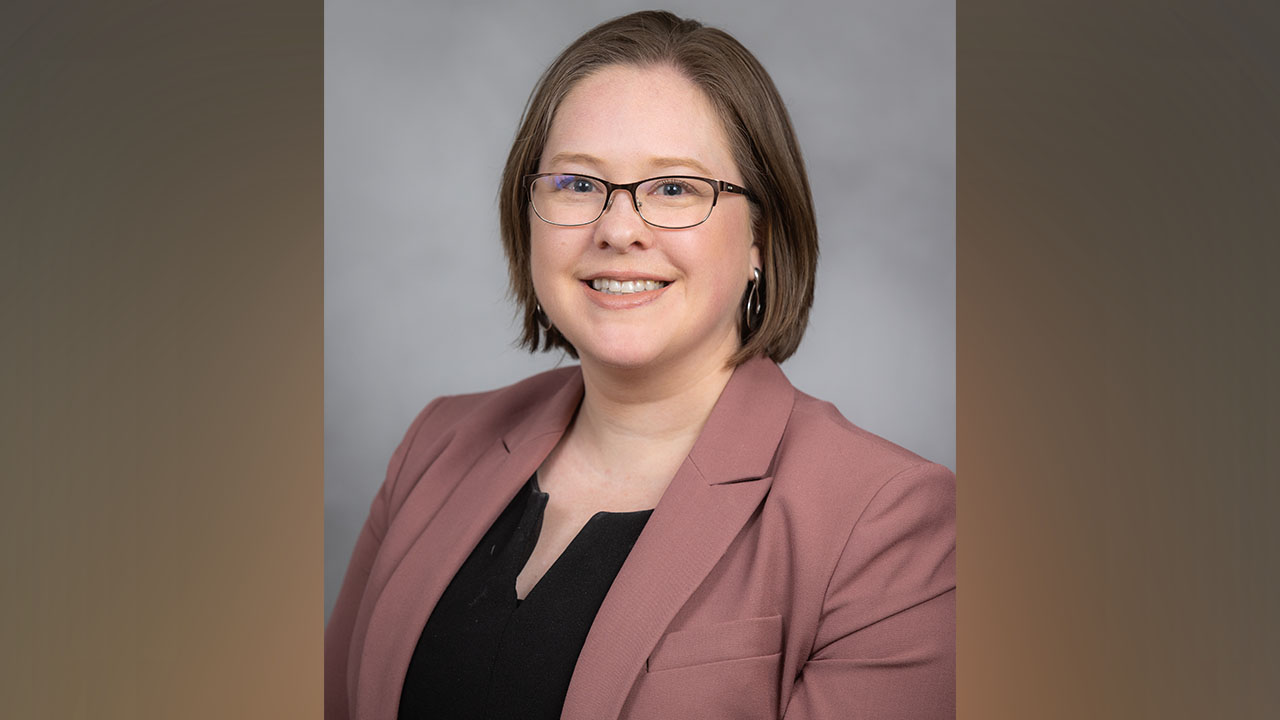
Dr. Sara Getz
Dr. Sara Getz, assistant professor of forensic investigation at the University of Wisconsin-Platteville earned the highest professional certification available in her field and is now a Diplomate of the American Board of Forensic Anthropology (ABFA). According to the ABFA, a forensic anthropologist applies specialized knowledge of the human skeleton and its cartilaginous structures, as well as archaeological methods, to assist with medicolegal death investigations. Since 1977, only 163 professionals have been awarded the ABFA Diplomate status with only two practicing in Wisconsin.
“I have been working towards this since I was 14,” said Getz. “I planned every step of my career, from where I wanted to earn my undergrad, graduate and doctorate degrees, as well as what internships or classes to take based on the fact that this was something I wanted to do. I have been working towards this for 20 years.”
The application process to obtain the ABFA Diplomate certification includes having a doctoral degree in anthropology, submitting three redacted forensic anthropology case reports, a training log and three professional recommendation letters. Applications are due on April 1st each year and applicants are notified in the summer if they are eligible to sit for the exam the following year.
“I spent all of my free time during the fall semester and my entire winter break studying,” said Getz. “I traveled to the University of Tennessee, Knoxville this past January to take the exam. It’s a three-hour written exam and a four-hour practical.”
The ABFA declares a diplomate as a “qualified, vetted, adherent to a code of ethics and demonstrates continued professional development to maintain certification.”
“Obtaining the certification shows you are committed to being ethical,” explained Getz. “You’re committed to continuing your education. [Diplomates] need to take continuing education credits and maintain education in the field to keep learning and improving to maintain their status.”
As a diplomate, Getz acknowledged how the certification compliments her classes, research and case work. It also allows her students to understand another avenue of forensic investigation. Getz said it’s beneficial for her students to be exposed to different areas of the industry and receive hands-on experience. Currently, Getz and a team of her students are conducting research at the Forensic Investigation Crime Scene House Outdoor Research Facility (FICSH-ORF).
“We are doing research on how to locate clandestine graves,” she said. “I have done research using alternate light sources to search for human remains. It’s something I can put into practice with my casework and doing casework for law enforcement and medicolegal agencies. I tell my students about it. I bring those real-world experiences into the classroom.”
Getz acknowledged how continuing her education is crucial for professionals in forensic fields. She noted new discoveries are being made every day in scientific disciplines. As Getz reflects on the past two years, she’s proud to announce she’s ABFA Diplomate number 155.
“I tell my students my path is the exception, not the norm. It’s fine to change your mind several times along the way,” she said. “Along my path, I had to stop and critically think is this something I want because I always wanted it or is this really what I want to do. Every time this drives me, and it’s really what I want to do.”
To learn more about the American Board of Forensic Anthropology, visit www.theabfa.org.
Written by Ruth Wendlandt
Link to original story: https://www.uwplatt.edu/news/getz-joins-elite-group-forensic-anthropologists-highest-professional-certification
